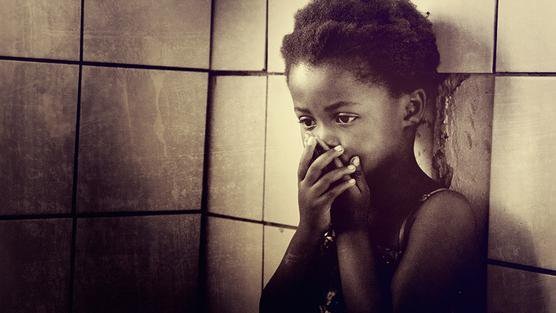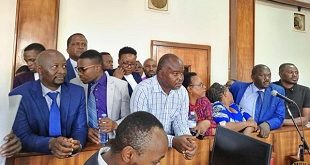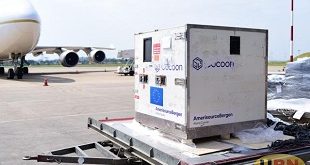
Kampala, Uganda | THE INDEPENDENT | Girls who have been raped or sexually assaulted are not demanding for Post Exposure Prophylaxis (PEP) drugs.
The drugs are taken after being potentially exposed to HIV to prevent becoming infected.
Dr Daniel Byamukama who heads the HIV prevention division at the Uganda Aids Commission says their recent data shows that 45% of girls have been sexually assaulted by the time they make 18 years and that some of these end up getting infected.
According to Byamukama, this is partly why statistics are putting prevalence of HIV among adolescent girls and young girls high at 9% yet the national average for HIV among females of all ages stands at 7.6% which is still high since adult HIV prevalence was at 5.7% by end of 2018.
Byamukama says even as many centres across the country have been established to offer drugs to those who require them at a free cost, uptake is still low and as a result, many of them acquire HIV.
The World Health Organization recommends taking HIV medication which is taken by those that live with the virus as an emergency response following exposure to HIV within 72 hours of exposure and that it should be used for a period of 28 days.
But, HIV Researcher, Dr Timothy Muwonge says that recent research shows for more efficacies it should be taken earlier than 72 hours.
However, HIV Activist Bridget Ndagano Juuko says while officials are asking people to demand the medications, there are challenges at health facilities especially encountered by young people whereby they are judged by those supposed to give them medications.
“Youth corners have failed in many health facilities and yet in creating demand government should be looking at some of these reasons. Girls coming to Naguru (Teenage Center) tell us they asked for PEP and the health worker asked them why they went to be raped”, she said adding that some girls can’t demand it because they don’t know that PEP actually exists.
*****
URN
 The Independent Uganda: You get the Truth we Pay the Price
The Independent Uganda: You get the Truth we Pay the Price


